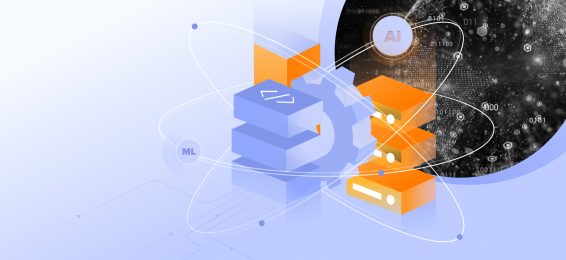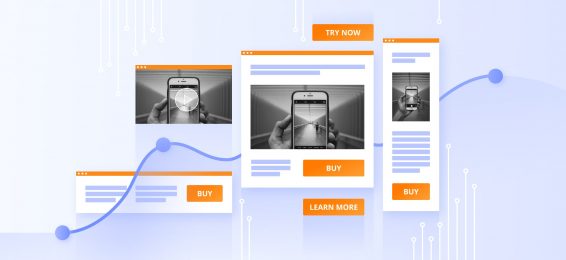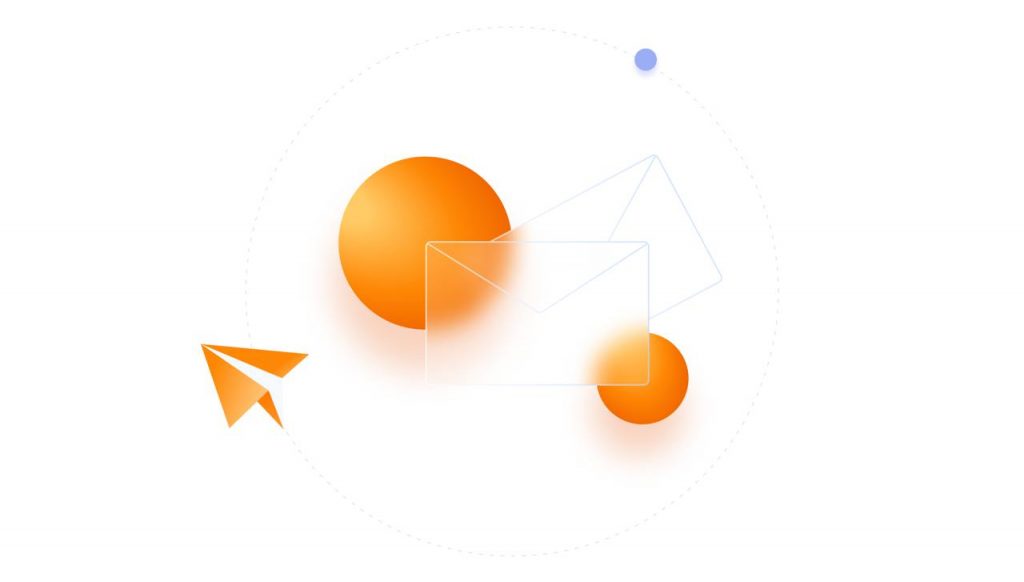It provides a single view of each customer, enabling organizations to deliver personalized experiences across different channels. CDPs (customer data platforms) often integrate with other marketing tools like email marketing, social media, and content management systems.
Customer data platforms have a broad range of use cases across all industries. In retail, CDPs are used to collect customer data from a retailer’s website, mobile app, and loyalty program.
This data can be later used to personalize product recommendations, send targeted email campaigns, and create personalized customer journeys.
Similarly, financial institutions or healthcare companies can use CDPs to improve the quality of service and optimize internal operations.
CDP vs. CRM vs. DMP: key differences
CDPs like Adobe Experience Platform are usually a part of a broader data management stack. Organizations often use them with other solutions that collect and process different types of customer data (a CRM or a DMP). As the data management market evolves under privacy changes, the distinction between these platforms becomes less pronounced.
That said, designating a specific purpose for each tool will help increase the effectiveness of its adoption.
Here’s a concise review of the key features of CDPs, CRMs, and DMPs.
[wptb id=8155]
Packaged vs. composable CDP
Composable and packaged CDPs are two primary approaches to CDP architecture.
Composable CDPs offer a modular approach, allowing organizations to select and combine individual components based on their specific needs.
This provides greater flexibility and customization, making them ideal for organizations with complex data requirements or that need to integrate with existing systems.
Composable CDPs are suitable for companies with a high degree of data engineering expertise and a willingness to invest in building and managing the platform.
Packaged CDPs are pre-built platforms that offer a comprehensive set of features out of the box. They are easier to deploy and use, making them a good option for organizations with limited technical resources or tight deadlines. Packaged CDPs are often the top choice for companies that require a standardized, off-the-shelf solution.



